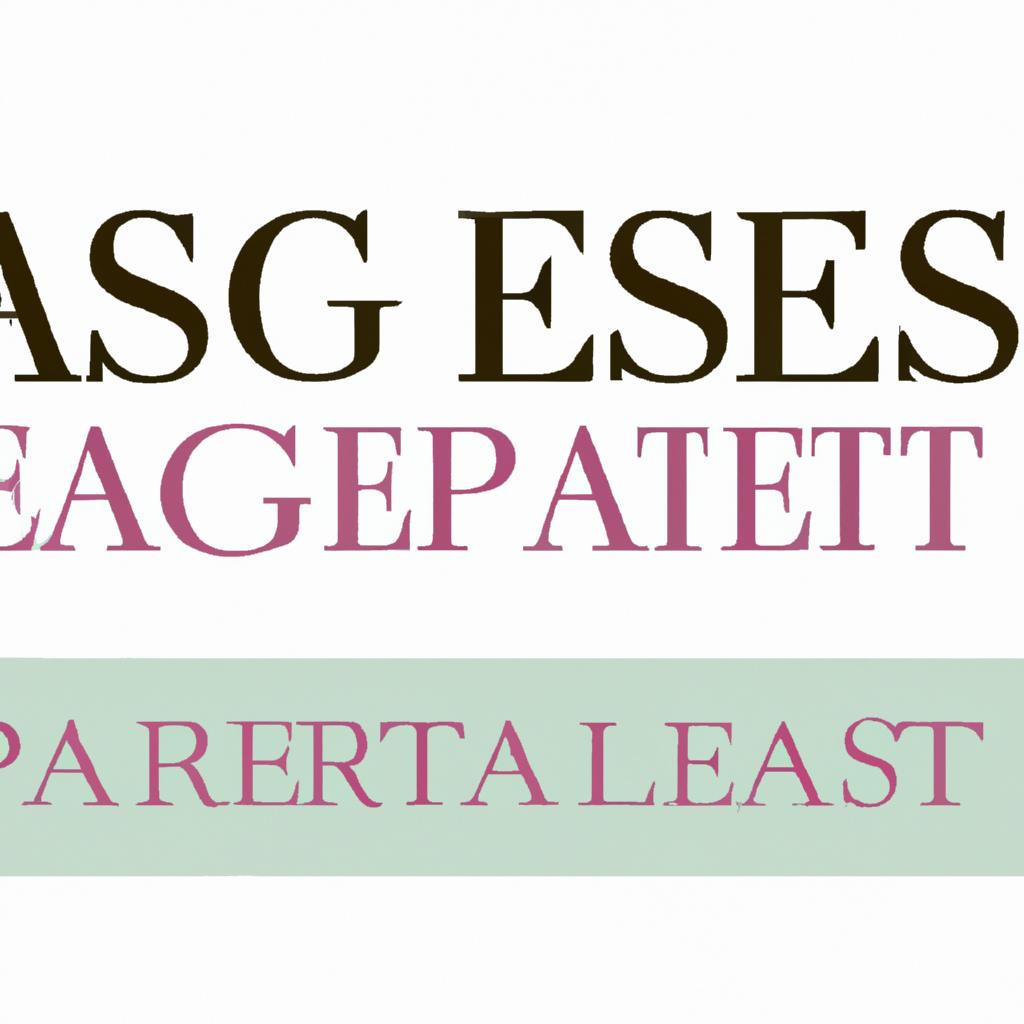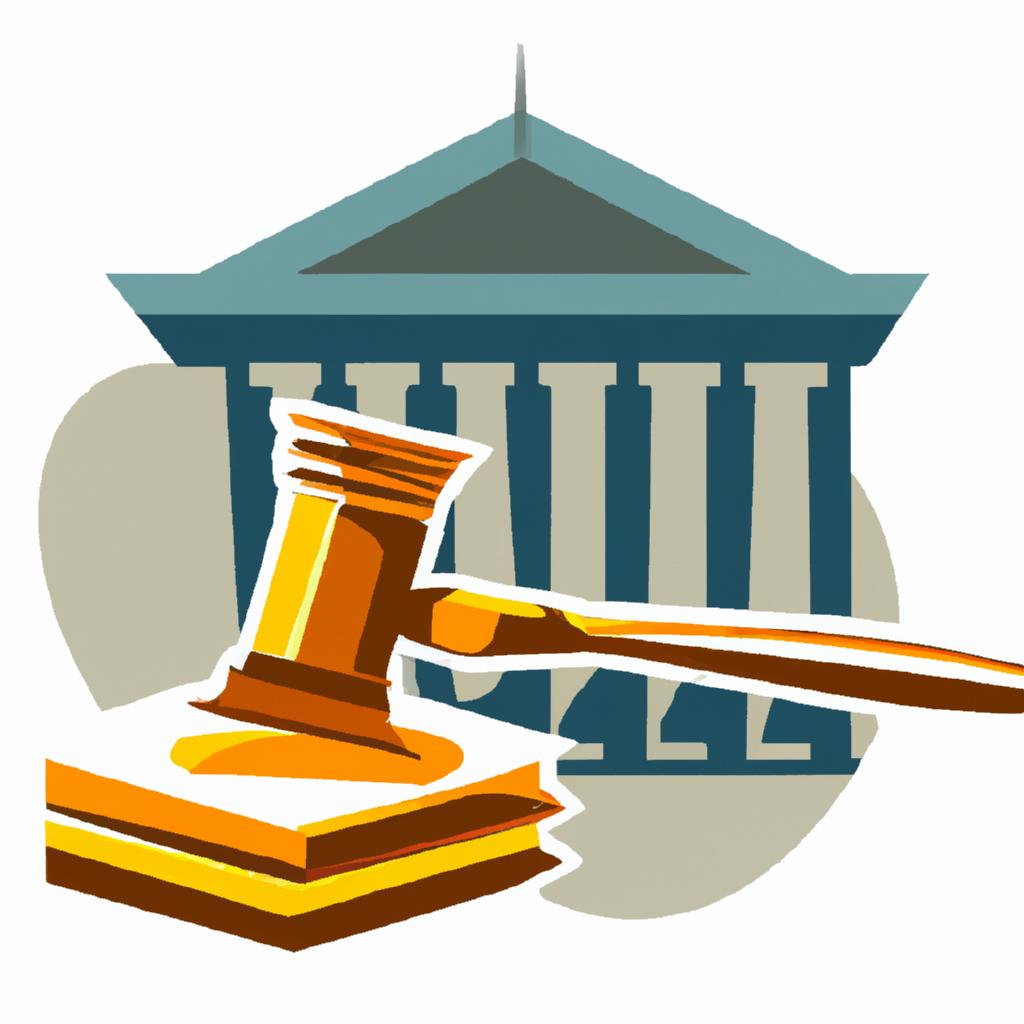As legal practitioners in the heart of New York City, the team at Morgan Legal Group has navigated the intricate waters of estate planning, probate, elder law, Wills, and trusts with precision and care. In the wake of the passing of a loved one, uncovering and properly managing their assets is a crucial step in the legal process. In this article, we will delve into the intricacies of how to find assets of a deceased person, providing valuable insights and guidance for those tasked with this important responsibility.
Locating Assets in Estate Planning: A Comprehensive Guide
When it comes to estate planning, locating assets of a deceased person is a crucial step in the process. It is essential to have a comprehensive guide to ensure that all assets are accounted for and properly distributed. One way to find assets is by conducting a thorough search of the deceased person’s financial records, including bank statements, investment accounts, and tax returns. Additionally, it is important to reach out to financial institutions, employers, and insurance companies to gather information on any assets that may be held by these entities.
Another method for locating assets is to search for physical documents, such as property deeds, vehicle titles, and stock certificates. Additionally, hiring a professional asset locator or investigator can be helpful in uncovering assets that may have been overlooked. It is also important to consider digital assets, such as cryptocurrency accounts, social media accounts, and online banking accounts, as these can be valuable assets that need to be included in the estate planning process.

Understanding the Probate Process for Asset Identification
When it comes to , it is crucial to follow a systematic approach to ensure all assets of the deceased person are accounted for. One of the first steps in this process is to gather all necessary documentation, including bank statements, investment accounts, real estate deeds, and insurance policies. These documents will provide valuable information on the deceased person’s assets and help in the identification process.
Another important aspect of asset identification in the probate process is to conduct a thorough inventory of the deceased person’s belongings. This includes physical assets such as jewelry, artwork, vehicles, and personal belongings. It is also essential to review any digital assets, such as cryptocurrency, online accounts, and intellectual property rights. By following a methodical approach and seeking legal guidance when needed, you can ensure a smooth and efficient probate process for asset identification.

Strategies for Efficiently Tracing and Recovering Assets of a Deceased Person
When dealing with the complex process of tracing and recovering assets of a deceased person, it is crucial to have a strategic approach in place. One effective strategy is to start by conducting a thorough search of the deceased person’s personal belongings, financial records, and legal documents. This can provide valuable clues on the location of assets and help in identifying any hidden or unknown assets.
Another important strategy is to work closely with professionals such as estate planning attorneys, financial advisors, and forensic accountants. These experts have the knowledge and experience to navigate the legal and financial complexities involved in asset tracing and recovery. They can also help in identifying any potential legal obstacles or challenges that may arise during the process. By utilizing these strategies and seeking professional help, you can efficiently trace and recover assets of a deceased person while ensuring compliance with legal requirements and maximizing the value of the estate.

Recommended Steps for Resolving Unclaimed Assets in Estate Administration
When dealing with unclaimed assets in estate administration, it is important to follow these recommended steps to ensure a smooth process:
- Conduct a thorough search: Begin by searching through the deceased person’s personal records, bank statements, and other financial documents to locate any potential assets that may have been overlooked.
- Notify relevant parties: Once you have identified potential assets, notify relevant parties such as banks, insurance companies, and government agencies to initiate the process of claiming the assets.
Additionally, it is advisable to seek the assistance of an experienced estate planning attorney who can provide guidance and advice throughout the asset recovery process. By following these steps diligently and seeking professional help when needed, you can effectively resolve unclaimed assets in estate administration.
Q&A
Q: How can I find out what assets a deceased person owned?
A: There are several ways to uncover the assets of a deceased person, including searching through their personal records and contacting financial institutions.
Q: What types of assets should I be looking for?
A: You should be on the lookout for a variety of assets, such as bank accounts, real estate, vehicles, investments, and valuable personal belongings.
Q: How can I access a deceased person’s bank accounts?
A: To access a deceased person’s bank accounts, you will usually need to provide a death certificate and proof that you are the executor of the estate.
Q: What steps should I take to locate real estate owned by a deceased person?
A: To locate real estate owned by a deceased person, you can search through their records, contact the county assessor’s office, and review tax documents.
Q: How can I determine if a deceased person had investments?
A: To determine if a deceased person had investments, you can review their financial statements, contact their financial advisor, and search through their personal records.
Q: What should I do if I suspect that a deceased person had undisclosed assets?
A: If you suspect that a deceased person had undisclosed assets, you may need to hire a professional investigator or attorney to help you uncover any hidden assets.
To Wrap It Up
As you navigate the complexities of locating assets of a deceased loved one, remember to approach each step with patience and diligence. By following the strategies outlined in this guide, you can ensure a smoother process in identifying and accessing the assets left behind. If you find yourself facing challenges along the way, don’t hesitate to seek professional advice to help you through this delicate and emotional task. Remember, dealing with the assets of a deceased person is not just a legal obligation, but also a way to honor their memory and legacy. Wishing you clarity and peace as you embark on this journey of discovery.


